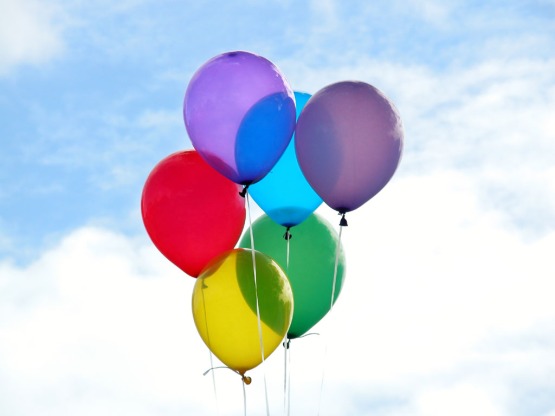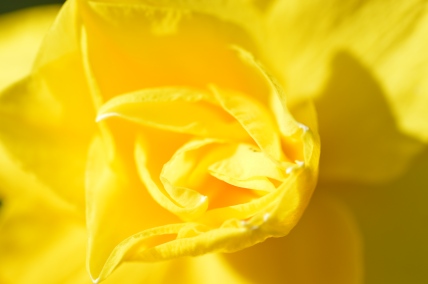
Let’s say you sleep in and miss your precious morning meditation slot. Feeling disgruntled it seems like the day’s already got off to a wobbly start. You say to yourself you’ll meditate in your lunch-hour at work but then around mid morning you remember you have a report to write up before the end of play and so you’ll have to work through lunch, grabbing a sandwich from the staff canteen to eat at your desk. So you think, it’s ok, I’ll meditate this evening, I’ll be a bit tired but….
Then the evening comes round, there’s the usual scramble to get supper prepared and the kids off to bed. You’re feeling pretty exhausted by now so you decide to relax in front of the TV for half an hour to watch that documentary on primates you recorded the other day – after which you will definitely go and meditate for 20 minutes.
As you watch the antics of the chimps clambering all over the presenter your eyes start to feel heavy, that irresistible sleepy feeling creeps up on you and then you’re gone. Waking up with a start at midnight you grumpily say to your partner, why didn’t you wake me up? And so you drag your weary body upstairs, half-asleep you brush your teeth, pull your clothes off, drop them on the floor and crash into bed.
Does this sound familiar? Or a variation on that theme perhaps? With all the best intentions in the world to fit in some meditation practice, life seems to run away with us and like all those other “self-improvement” schemes such as going to the gym or starting a creative project it just goes out the window.
But there’s good news if you’re ready to hear it. There is not one single moment in your daily life (ok we’ll miss out when you’re asleep for now) when you can’t practise mindfulness, from when you open your eyes in the morning to when you close them again at night.
You can be mindful of the feeling of lying there in bed, just woken by the alarm reluctant to make that drastic move of throwing back the duvet and lifting yourself up. Mindful as you pad to the loo, then half sleep walk into the bathroom to splash cold water on your face and brush your teeth. Mindful as you shower, or get dressed, all the physical sensations of movement and opening to your senses. Mindful of your feelings towards your family as you greet them and of theirs too. Mindful as you drive to work, or catch the train… well I think you get the idea.
There is so much potentially to open out to in our daily lives and many small opportunities to insert a mini-meditation or two – like when you’re sat at the traffic lights, waiting for a kettle to boil or a computer to start up, in between two tasks, in a meeting when you’re beginning to feel disengaged and bored. Not to mention mindfulness of all the activities of the day. At any point in your day you can drop down out of the world of thoughts in your head to connect with the breath. Follow the breath very consciously for 3 or 5 cycles, then carry on with what you were doing.
So there is actually, I’m afraid to say, no time when you can’t be practising mindfulness.
One caveat though. We won’t actually be able to be mindful all the time and nor should we strive to. One day we might get to the point where being in the present moment, fully embodied, is so natural that we don’t have to make an effort – but for most of us that’s a long way off. Just as when we sit to meditate we notice that our attention is one moment here with the breath, the next off with a thought and know that’s ok, it’s all one practice, so when practising mindfulness in daily life, we get stuck in auto pilot, we notice that and come back to a fuller awareness of what’s actually going on in our experience. There’s a kind of back and forth, a focusing and then a defocusing movement going on all the time in our awareness. Beware of striving to be rigidly aware all the time, almost hyper-vigilant of yourself as that easily slips into tension, self judgement and ultimately disillusionment and frustration.
So if you’re ready to try this out, set your intention, perhaps work out a few tricks to remind yourself to practice, but having a relaxed, playful attitude to it all. Seeing the whole of your life as a kind of vast playground to explore.
Photo Credit: Old Time by Ben Kersey courtesy of FreeImages




